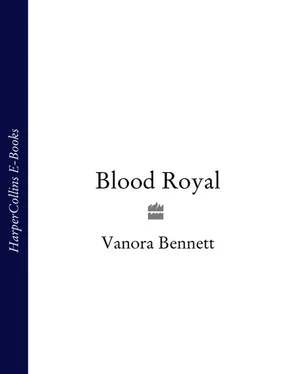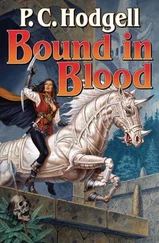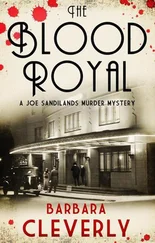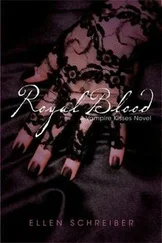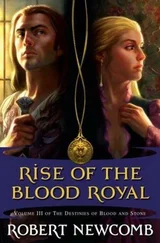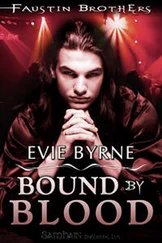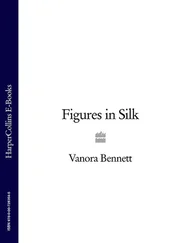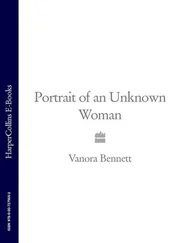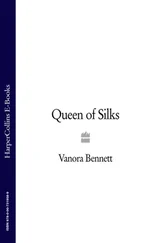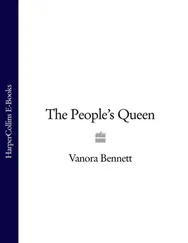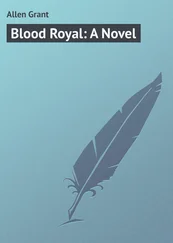‘I’m sorry,’ she said, tilting her head up, feeling the usual rush of wonder at his olive skin and black hair, the elegant slant of jaw and nose, the clean smell. Her son: the man her love with Etienne had made. The way he reminded her of Etienne, who’d been dead these twenty years now, brought a tragic undertone into her husky voice. ‘There was nothing I could do. Everything got late. There were visitors from England.’
Jean screwed up his face. He was no fonder of the present-day rulers of England than she was. Once, long ago, when Jean was just a boy, she’d sent him to England as pageboy to the old Earl of Salisbury. That had been a good placement for a boy who needed to make his way in the world. But the Earl had been killed soon after old King Richard was deposed. The new King of England – so-called King of England, she added fiercely to herself – who’d replaced Richard had wanted to keep young Jean de Castel, and even to get Christine to move to England to be with her son and light up his court with her writing. But she wasn’t having any truck with usurpers, and she’d had no intention of moving from civilisation to that damp wilderness over the water. So she’d sweet-talked that first Henry of Lancaster into sending her son back to France while she pretended to be making up her mind, and, eventually, she’d found Jean his place here in Paris. It was better the way things had worked out. They were together. Still, Christine and her son knew too much about the betrayals and bloodshed Henry of Lancaster had provoked to enjoy thinking of England. And they liked the idea of England even less now it was ruled by that Henry’s son – now Henry V – who, no sooner than he’d become King, had sent his brother over to France with an army to fight the French in Normandy, and who seemed to want to revive the old claim of the English kings to lands in France – which had been wrongful even when the kings were still rightful – to be the God-given rulers of France. The English were dangerous: king-killers, scavengers, wolves. This Henry was no kind of husband for Catherine. Anyone could see that.
‘What English visitors?’ Jean was asking, with the lantern flame reflected in his eyes.
‘The brother. The Duke of Clarence. With a proposal for our Princess Catherine to marry King Henry,’ Christine replied quickly, keeping her voice neutral.
Jean rolled his eyes. ‘I see,’ he said drily, raising his eyebrows, obviously not believing anyone could have taken such a proposal seriously, taking it as a cue for wry laughter. ‘And who did he talk to, if the King’s …’ Then he looked round, as if noticing the boy holding the mule’s head for the first time, and raised his eyebrows in a different, mute, cautious question.
‘This is a member of the Duke of Clarence’s entourage,’ Christine explained, still in her watchful public voice. Jean inclined his head at the newcomer – not quite a bow. The boy, grateful to be noticed at last, was already bowing eagerly and murmuring thanks for his bed in his fluent but guttural Anglo-Norman French. He was surprisingly tall. He towered over well-knit Jean.
‘They asked me to put him up here,’ she went on. ‘An Englishman …’ She turned to the boy with a question in her voice. ‘Owain Tudor,’ he said, and bowed again. But there was something unboyish in his eyes – a flicker of pain? Embarrassment? Grief? Pride? – as he added, with a slight twist of the lips: ‘Not English. I’m Welsh.’
They’d heard of the Welsh rebellion against King Henry, in the remote western Marches of England. Of course they had; France had supported the Welsh rebel, Owain Glynd?r, against the English usurper. A French army under the then chancellor, the Breton lord Jean de Rieux, had even spent a couple of years in Wales, once the Welsh leader had been crowned King Owain IV, leading three thousand Breton horsemen under the Welsh dragon flag. French and Welsh alike had been for old King Richard of England, already dead by then, rather than the king-killer Henry; it had all started from that. So Christine and her son knew that the uprising, which for a while had spread through the English aristocracy and turned even some of England’s greatest lords into mutineers, had nearly destroyed that Henry of England. The rebels had carved up England in their minds, before they’d even won it: the Midlands to the Welsh, the South and West to the Mortimer lords of March; the north to the Percy clan. But the uprising had finally been defeated, even if its Welsh leader was still hiding out in the misty hills, raiding; even if he still called himself the King of Wales. So they looked at this youth in puzzlement as he told them that Owain Glynd?r, the rebel leader, was his cousin – King of the old Welsh royal house of Powys Magog, as the boy put it, not without pride, in his excellent French. If this boy was that rebel’s kinsman, what was he doing here, nicely dressed, in Paris, in the service of an English Duke?
The boy only shook his head at the confusion he saw on their faces. He looked older than his years again; as if he was used to people being puzzled about who he was and what his status might be.
‘My family’s been punished,’ he said, with the light shrug of someone affecting indifference. ‘One of my uncles was executed. Our lands are confiscated. But I was only a child. Prince Henry took me in; not as a hostage … out of kindness … and made me a page in his household,’ he said, retreating fully from his moment of touchy self-assertion; putting the others at their ease. ‘King Henry now. So I suppose I’m nearly English, after all.’ He met their eyes boldly. ‘I was lucky,’ he added with another of those deliberate light smiles, as if daring them to disagree.
Saying that so confidently gave Owain the usual dizzy feeling of being in two places at once. As he smiled for his hosts, he couldn’t help also thinking, privately, for a flash, of what might have become of him if he hadn’t become English. He thought of the cousins he’d played and ridden and hidden with, who’d been kept by their father to stand or fight with the Welsh armies, who were all now prisoners in the Tower of London: Glynd?r’s oldest son Gruffydd, twenty or so, with his father’s light eyes and quick wit, who could cut a raindrop in two with his sword, the fastest runner Owain had ever seen, the fastest rider too. Owain’s childhood hero. The three little blonde Mortimer girls, lisping and giggling, none of them older than eight or nine, with their tired-eyed mother, Catrin, Glynd?r’s daughter and Owain’s aunt. The women had all been taken captive when Catrin’s husband, the powerful Englishman Edmund Mortimer, had been killed at the siege of Harlech, when the English King’s men had finally broken down the walls. Not everyone he’d grown up with was a prisoner now; not quite. Owain thought of Glynd?r’s younger son, Maredudd ap Owain Glynd?r, hiding with his fugitive father in Herefordshire – laughing quietly over their place of refuge – with one of Glynd?r’s English son-in-laws, paradoxically the English Sheriff of the County, still very much on the run. He thought of his own immediate family: his mother long dead, they said of shock and fear after hiding from Prince Harry’s raiding party come to burn down Sycharth Castle. He couldn’t remember her. His father, a joyous smile or a giant puff of rage, depending on his mood; riding out with the French and taking Owain with them; teaching Owain a first few words of the incomers’ ways and language when he was only five or six and prouder than any boy had ever been to be taken on the army’s marches. Even if Owain no longer respected that reckless father – who’d handed him over to the enemy when it suited him – or the uncles who’d saved their skins by handing over their own men to be tortured and killed, he couldn’t help but feel sorry for them all. His father, Maredudd ap Tudur, like all the other surviving brothers, was living on nothing now: on the run, lodging in attics and churches, surviving on pity. The houses had gone. Owain remembered two of the moated manors burning; a confused child’s recollection of peering out between fingers clamped over eyes, choking on smoke; being hushed into tickly, terrified silence. They’d been somewhere among the smooth stretches of grey-green turf and tree and sea on the island some knew as the Dark Island, or Honey Island, or the Island of the Brave, which had once been his family’s home: Môn, beyond the great snowy mountains of Gwynedd, which the English called Anglesey, and which he would never see again. Uncle Rhys’ head was on a pole at Chester. Uncle Rhys’ boys were not allowed back to Erddreiniog. Uncle Gwilym had lost Clorach; Uncle Ednyfed’s children had lost Trecastell. Only Morfydd, his bravest cousin, Uncle Goronwy’s daughter, who had charm and more determination than every other member of his family put together, and, what was more, was blessed with a husband not quite so out of favour as the rest of Owain’s family, still dared to petition the King of England to get the family lordship of Penmynydd back.
Читать дальше
